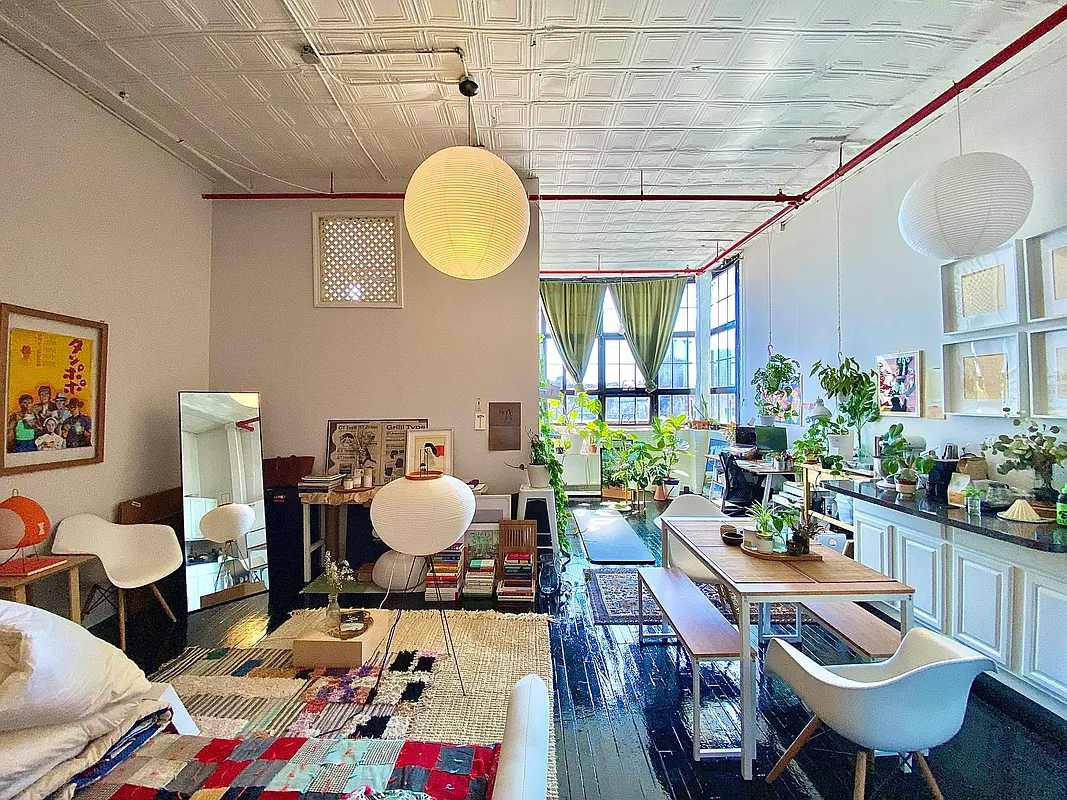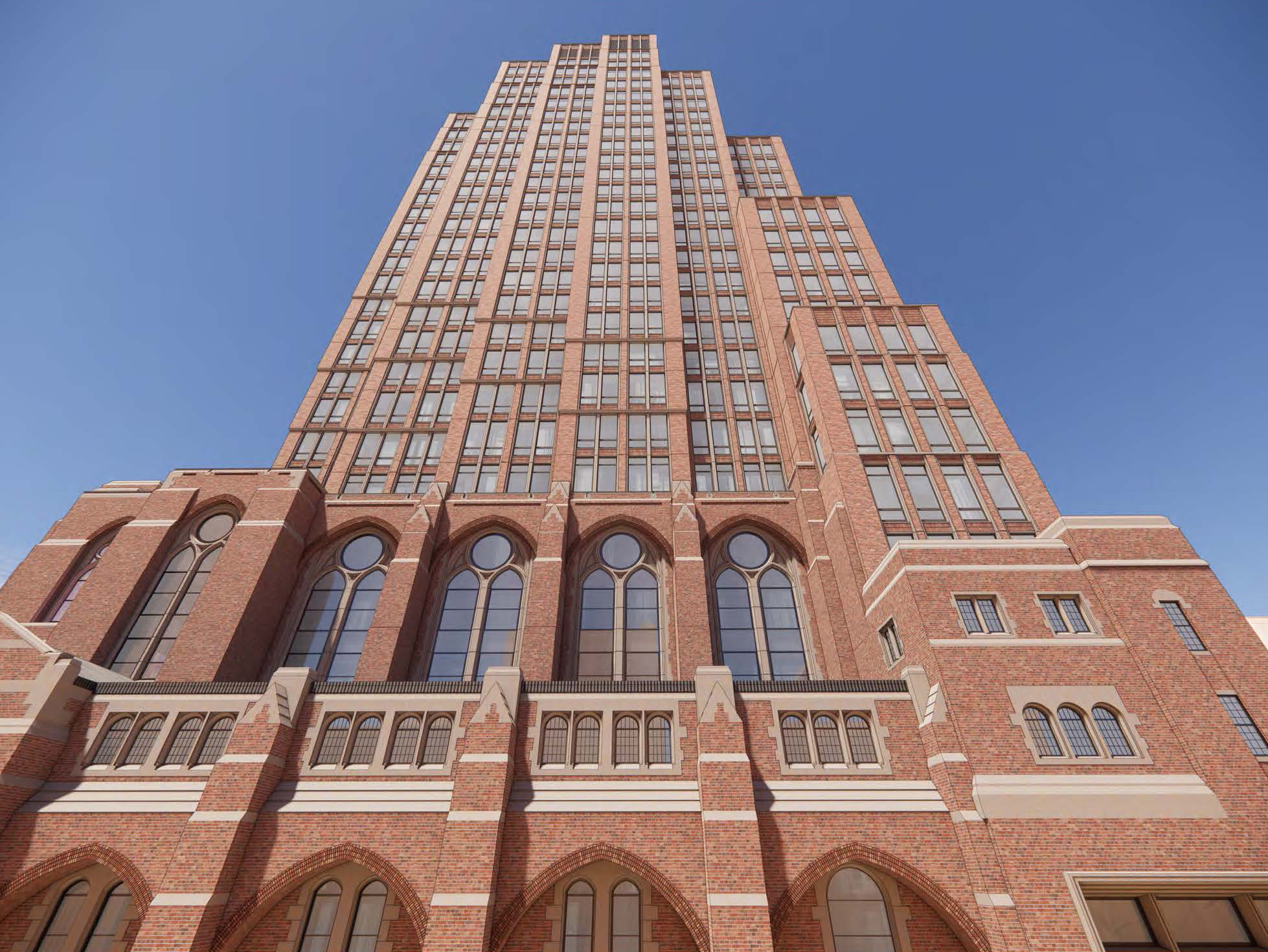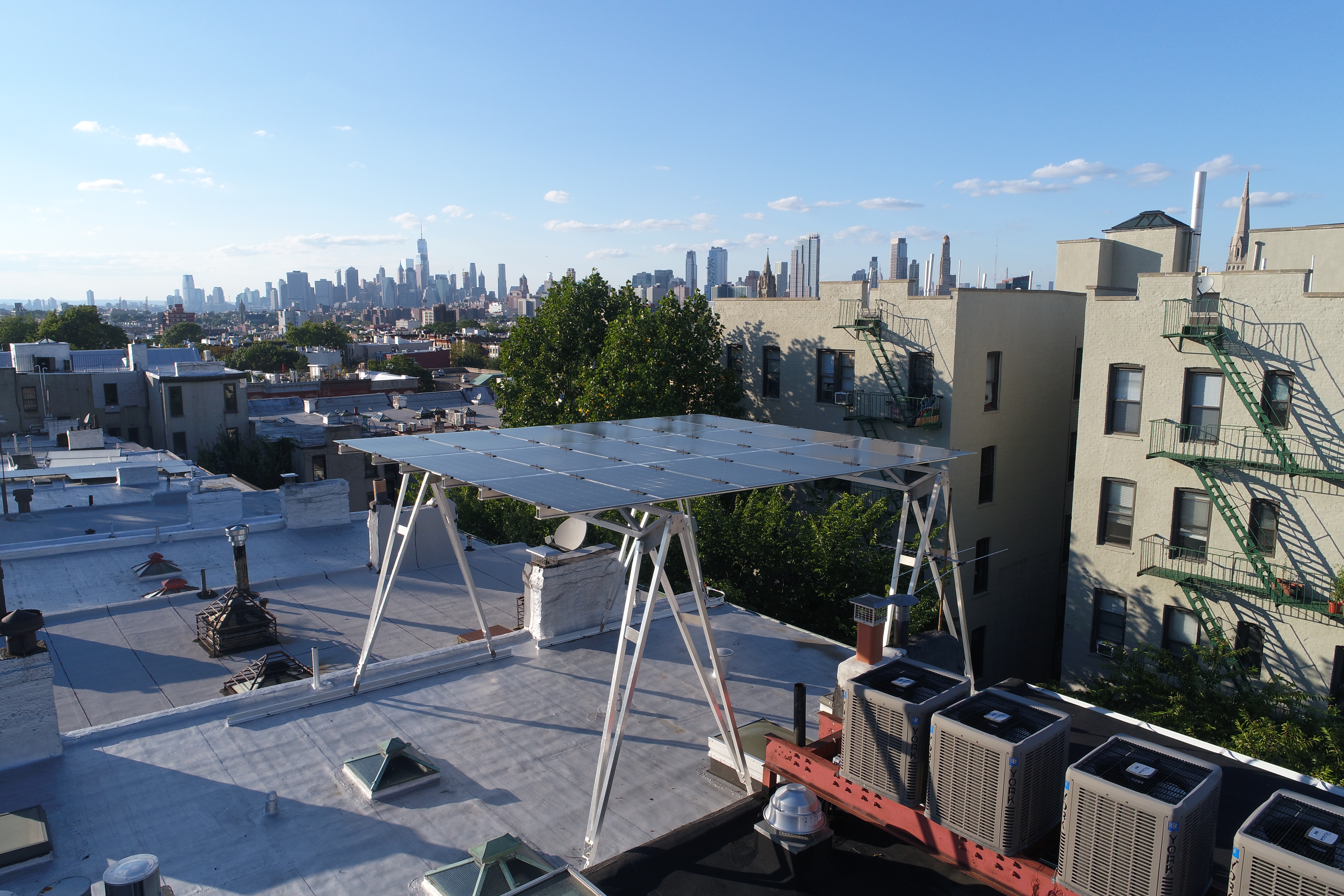Feds and City Team Up on Affordable Housing
November 23, 2005, NY Daily News — The city and the feds have agreed to restore up to 360 homes in Brooklyn, Queens and the Bronx and resell them as affordable housing, officials announced yesterday. In partnership with nonprofit organizations, the city will buy homes owned by the Federal Housing Administration, rehabilitate them and sell…
November 23, 2005, NY Daily News — The city and the feds have agreed to restore up to 360 homes in Brooklyn, Queens and the Bronx and resell them as affordable housing, officials announced yesterday. In partnership with nonprofit organizations, the city will buy homes owned by the Federal Housing Administration, rehabilitate them and sell them by lottery to eligible buyers, Mayor Bloomberg and U.S. Housing and Urban Development Secretary Alphonso Jackson said at a press conference in Cypress Hills, Brooklyn. To be eligible, a family of four, for example, must earn no more than $72,000.
City’s Housing Help [NY Daily News]
Affordable Housing for Fed-Owned Land [Crain’s]





I don’t understand the previous poster’s comment. I’m not sure if the proposal is the best way to aid low income people with housing, but what does tne previous poster propose? And who are the real “moochers” that you are talking about?
That NYT Medicaid article enraged me. Notice how the benefit in a corrupt system never goes to the poor? Where’s all the republican talk about the free market here? The attitude of big business seems to be that if we have to have some”socialism”, let’s use it as an opportunity to line our pockets and deliver the minimum to the supposed beneficiaries, who are routinely trashed as moochers. Who are the real moochers?
Sorry have to vent.
A little economics courtesy of the Coase theorem:
Unlike rent control/stabilization which confers a non-tranferrable property right, the program described here would extend full property rights to the lucky low-income recipients. Fair or not, this does not create any misallocation or inefficeiency. Ultimately these units will be either offered for sale, or retained by the lottery winners. In either case the person with the highest valuation will own the property eventually.
Currently, these buildings are not in use, which is undoubtedly inefficient. The only question is whether the value of the properties should be captured by the government or the lottery winners. Insofar as this subsidy offsets other public expenditures for low-income families, there would be no fiscal consequences. Regardless, the market is better off.
New York State just handed out $12 million for toe nail fungus medicine that rarely works. Cut out the waste in Albany and you could practically build a gated luxury community for the homeless. These looteries are publicity stunts to make people believe someone cares about people who teach our children and change our bedpans and deliver our pizzas, and install our granite countertops.
Can a “free market” city really exist? What about greed, dishonesty, etc. (all the human fallibilities) infecting the market. Is that not why we have governments to begin with?
Josh, I’m not sure that I would want to live in your vision of a “free market” NYC.
However, I do think that these lotteries are a problem and from what I hear, they are usually not completely fair.
“A free market will help bring [housing cost] down.”
“Wages and methods will have to adjust. In most other cities, wages for those type of jobs tend to vary with the cost of living.”
“as labor becomes more expensive, people will automate more or adjust in other ways.”
The world we live in is not a perfect system. So in a totally free market, all those adjustments that you predict would not all happen, and if they do, they will inevitably make some victims.
Now I see that maybe you just don’t want to address the problem. Oh well, I guess poor and middle class people who grew up in NYC should just forget about living here.
Not only will it become a boring place, but a city can’t operate with just bankers and lawyers. You need police, garbage men, store clerks, teachers, etc…
JoshK, I just posted at 11:47. I have to say that I agree with you that this program will benefit a lucky few and I am also skeptical about it’s real benefits and fairness. But do you have anything else to propose that tax reductions and letting the market take care of it? Lack of affordable housing is a serious and acute problem in this city, and will require some action. Otherwise New York will continue loosing it’s diversity and could become a very boring place! So again, I would appreciate further explanation on your strategy to address the problem.